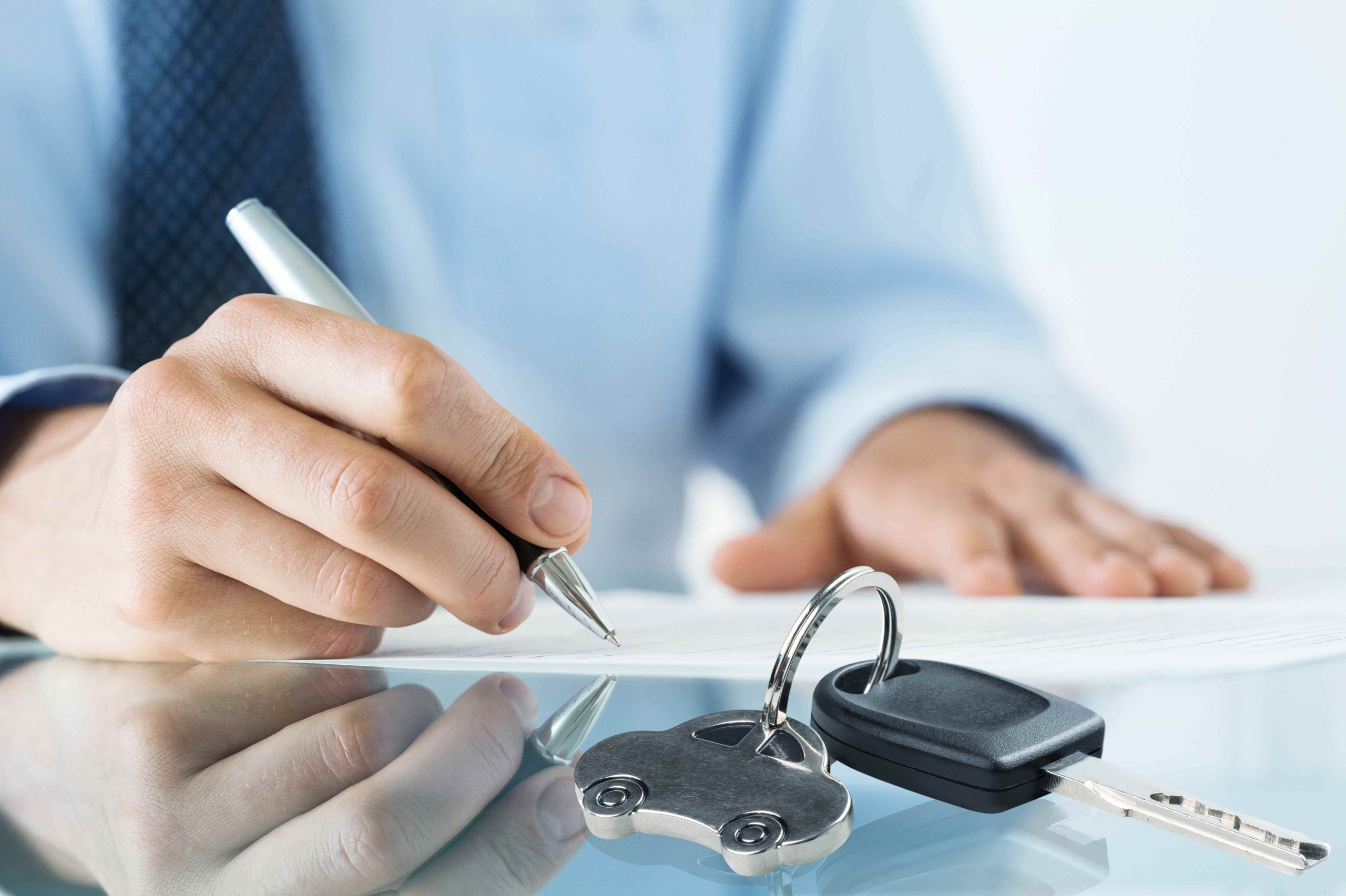With interest rates skyrocketing, it is no surprise that there are increasing car loan defaults. Late loan payments result in car loan defaults and, consequently, car loan default. What happens if you default on a car loan? Is there any damage control that can be done at this point? Let’s find out.
According to a Cox Automotive report , both delinquencies and defaults increased in June. The percentage of auto loans in default increased slightly to 1.81%, up from 1.80% in May. Auto loan default rates increased 3.6% in June and were up 12.6% year over year.
What you will read about
What is a car loan default?
Defaulting on a car loan occurs when you have missed one or more payments on your loan. Rules vary by state, and the number of times you can default on a car loan depends on the lender and each state’s federal laws. However, if you miss a single payment, you will be considered to have a car loan in default.
How many payments have been missed before the default?
While this depends on the lender’s and state’s rules, in general, if your payment is 30 days or more late, it may be considered delinquent. However, some lenders wait up to 90 days after a missed payment.
Similarly, you will receive a delinquency notice on a car loan only after you receive warnings or notices. For example, after missing your first car payment, your lender may send you a delinquency notice. Some also offer a grace period of around 10 to 15 days. However, after the specified time has elapsed, the lender will report it to the credit bureaus, which will affect your credit rating. If you continue to miss payments without settling the debt, your loan will go into default.
Are non-performing loans and deferred loans the same thing?
No, delinquent and deferred loans are not the same thing. Deferred loan is temporarily postponing loan repayment with the lender’s knowledge. However, a defaulted loan is when you fail to make your loan payments according to the terms of your agreement after missing payments for a set period.
What happens if your car loan goes into default?
For some of them, it may start with late payment charges, but defaulting on a car loan is a serious problem, and as a result, you will face several consequences that will certainly not be solved.
Negative impact on credit score
It only takes one missed payment and subsequent late payment to leave a mark on your credit report. For example, a late payment on a car can remain on your credit report for at least seven years. This will affect your credit score and consequently increase the rates at which you might be offered a next loan or refinancing deal.
car seizure
There is a chance that the lender will repossess your car if it is the collateral. The lender may or may not give you notice before the repossession.
Loan transferred to collection
If your loan balance is deficient even after the car repossession and loan auction, then there could be involvement of collection agencies who could follow up, and your account with them will also remain on your credit report for seven years.
Can a car loan default be stopped?
Talk to your lender
Negotiations can be a big help if you find yourself in a financial crisis, and you can discuss this with your lender beforehand. As a result, your lender might agree to pay only the interest for a few months until your finances get back on track. Similarly, you can extend the terms of your loan and therefore reduce the amount you have to pay each month. Some lenders will also agree to a loan modification, which will result in more affordable payments for the month, but the total amount may be higher in both cases.
Refinance your existing loan
Refinancing your existing loan is the best option if you think you might default on your car loan. With a good credit rating, you are sure to get affordable rates and lower monthly payments. It is possible to refinance your current car loan even with a bad credit rating .
Change your car
Selling your car can help you pay off your loan in full. It may seem like an extreme measure, but it will help you deal with late payments. However, with a higher loan amount, sometimes selling the car may not cover the full amount, and in that case, you will have to pay the difference.
Voluntary recovery
This is when you voluntarily give up your car by notifying the lender. The lender will sell the car and make up for the losses. If you still owe them money after the sale, you will have to pay the difference.
Will a default prevent me from obtaining car financing?
No, defaulting on your loan will prevent you from getting car financing. But, since it stays on your credit report longer and your credit score is affected, interest rates will be higher for your next loan.
Final Thoughts:
Defaulting on a car loan is a serious problem. Negative impact on your credit rating, loan collection, and vehicle repossession are the most common outcomes. You should carefully understand the lender’s policies and contact them if you have any financial difficulties. This will help you avoid defaulting on your car loan.


